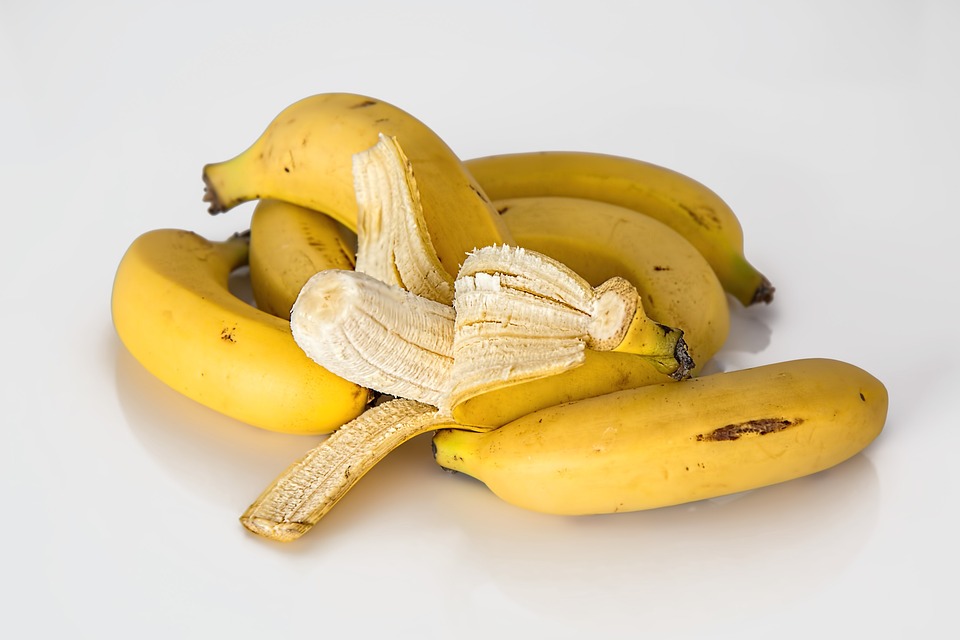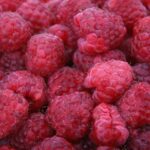Are you one of the millions of people who suffer from Irritable Bowel Syndrome (IBS)? If so, you know how frustrating it can be to deal with the uncomfortable symptoms of this condition, including gas, bloating, and diarrhea. But did you know that a carefully planned diet can help alleviate these symptoms and make living with IBS more manageable? In this ultimate guide to a diet for IBS, we’ll explore what to eat and what to avoid to keep your gut happy and healthy.
First, let’s talk about what foods to include in your diet. Fiber is an essential nutrient for digestive health, but it can be tricky for those with IBS. That’s because some types of fiber, like those found in wheat bran and beans, can actually exacerbate symptoms. However, there are plenty of other sources of fiber that are safe for those with IBS, such as fruits (especially berries and bananas), vegetables (especially leafy greens and root vegetables), and gluten-free grains (like quinoa and rice).
Probiotics are another important component of a diet for IBS. These beneficial bacteria help keep your gut microbiome in balance, which can reduce inflammation and improve digestion. You can find probiotics in fermented foods like yogurt, kefir, sauerkraut, and kimchi, as well as in supplement form.
In addition to fiber and probiotics, it’s important to eat a variety of nutrient-dense foods to support overall health and wellbeing. This includes lean proteins (like chicken, fish, and tofu), healthy fats (like avocado, nuts, and olive oil), and plenty of water to stay hydrated.
Now, let’s talk about what foods to avoid if you have IBS. This can be a tricky area, as everyone’s triggers are different. However, there are some common culprits that tend to cause problems for those with IBS. These include:
– FODMAPs: This acronym stands for Fermentable Oligosaccharides, Disaccharides, Monosaccharides, and Polyols, which are types of carbohydrates that can be difficult for some people to digest. Foods high in FODMAPs include wheat, garlic, onions, beans, and certain fruits (like apples and pears).
– Dairy: Many people with IBS are lactose intolerant, which means they have trouble digesting lactose (the sugar found in milk). If you suspect that dairy is a trigger for you, try switching to lactose-free milk or non-dairy alternatives like almond milk or coconut milk.
– Fried and fatty foods: These types of foods can be harder for your body to digest, which can lead to bloating and discomfort. Try to limit your intake of fried foods, processed snacks, and high-fat meats.
Of course, it’s important to remember that everyone’s IBS is different, and what works for one person may not work for another. It’s always a good idea to keep a food diary to track your symptoms and identify any triggers. And if you’re struggling to manage your IBS on your own, don’t hesitate to seek the advice of a registered dietitian or gastroenterologist.
Living with IBS can be challenging, but with a little bit of planning and some dietary adjustments, you can take control of your symptoms and start feeling better. Use this ultimate guide to a diet for IBS as a starting point, and remember to listen to your body and be kind to yourself along the way.




